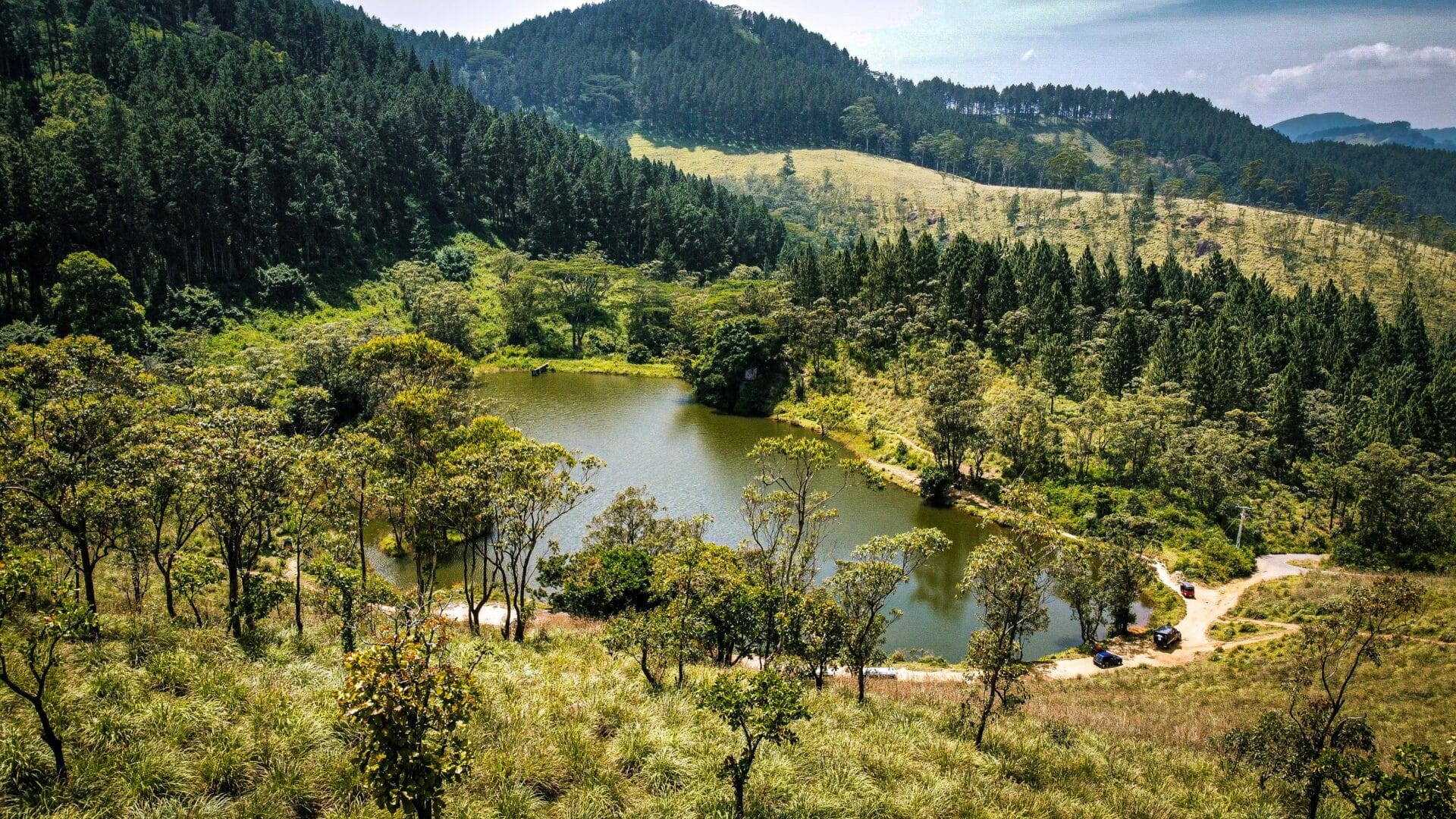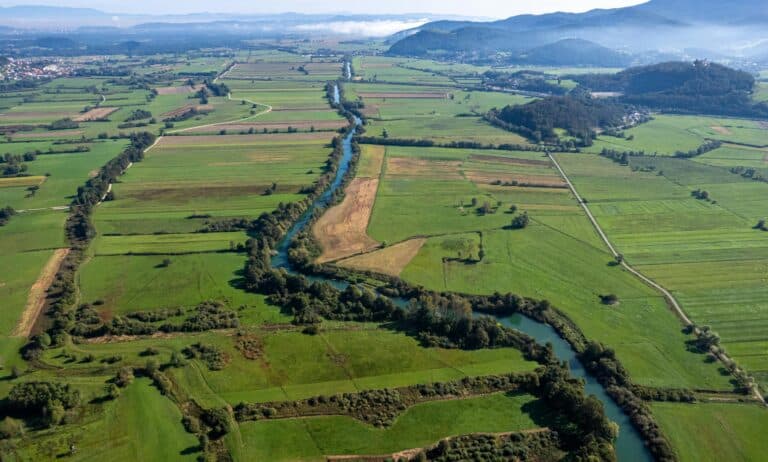As hunting season approaches, we know you’re itching to don your orange gear and get out into the wilderness. But what if you’re not a landowner? Enter hunting land leases, which offer many a practical solution to hunting on private land near you.
Leasing allows you to use private property without making a purchase, instead establishing an agreement with the landowner that grants you hunting rights to prime acreage.
So, how exactly do you find leasable land and negotiate a lease agreement? Whether you’re a beginner hunter or a seasoned sportsperson, the experts at Land.com have you covered. Keep reading to discover how to lease land for hunting from a private landowner.
Why Lease Land for Hunting?
Why lease when you could purchase your own property or hunt on public land? The short answer is that leasing land for hunting is a more accessible option. Whether you’re going duck hunting or deer hunting, leasing your own land or wildlife preserve lets you fully immerse yourself in the experience. Land leasing comes with many other advantages, including:
- Exclusive access – Establishing a private agreement with a landowner can grant you exclusive hunting rights, so you won’t have to compete for resources.
- Crowd control – Public lands can be overcrowded and overhunted.
- Affordability – No doubt about it: leasing land is much cheaper than buying hunting land.
Overall, the partnership between a landowner and lessee also promotes better wildlife management.
Types of Hunting Land Leases
There are various types of short- and long-term leases to choose from, each with its own pros and cons. Common lease types include:
- Annual or multi-year leases – These are the most common hunting lease options. They allow you to enjoy uninterrupted exclusive land access and help build trust with landowners in the long run. However, they have the potential to become a burdensome commitment and can limit other investment opportunities for the property owner.
- Seasonal leases – Leasing land during specific hunting seasons allows you to narrow down your focus, whether for particular animals or a convenient time period. Yet a seasonal lease can be limiting, especially if you’re left wanting more year-round excursions.
- Day or multi-day leases – As the shortest types of hunting leases, these options are the most flexible yet provide the least amount of guaranteed hunting opportunities. They include daily permits, weekend leases to accommodate a 9-5 workday, and weeklong hunts for specific game.
The right lease for you will depend on your personal hunting goals.
How to Find Hunting Land for Lease
It’s usually not as simple as knocking on a landowner’s door (although it can’t hurt to try!). However, the modern world of online real estate makes it easy to find available hunting leases from the comfort of your own home.
Start by browsing online property listings on real estate sites. You can contact a lessor directly, but we recommend partnering with a local land broker or specialist who has knowledge of the area and on-the-ground connections.
What to Consider Before Leasing Hunting Land
With so much acreage on the market, it can be hard to know what to choose when looking for private land. Sit down and make a list of your priorities in a hunting land lease, considering key factors such as:
- Property size
- Game availability
- Costs and fees
- Lease duration
- Legal restrictions
- Access to amenities
Once you narrow down the type of lease you need, it will be easier to contact landowners and start drafting an agreement.
Negotiating a Hunting Land Lease Agreement
It’s time to put pen to paper and create the official hunting property lease. We highly recommend working with a lawyer or other legal counsel in addition to your real estate agent to maximize your hunting lease and ensure a smooth negotiation process.
You and the property owner will need to agree on:
- Pricing
- Lease duration
- Hunting rights
- Property owner responsibilities
And more! Make sure you think the terms are fair before signing a short-term, long-term, or seasonal lease.
Understanding Hunting Lease Rules and Regulations
Lots of legal considerations go into a lease to provide protection for both the landowner and the leasing party, and it’s important to understand everything before signing.
Potential clauses in a hunting lease include:
- Local hunting laws – Regulations vary by state and region and cannot be overwritten by a lease.
- Land use restrictions – Landowners may set specific rules around guest privileges, pets, vehicles, camping, wildlife quotas, and other considerations.
- Liability waivers – This waives a landowner’s responsibility in the event of injury or damages. Alternatively, you may be required to purchase liability insurance.
- Payment schedule – These terms specify whether payment is due in full and paid up-front, through monthly fees, or other arrangements.
Follow your gut—if you’re not in agreement with all rules and regulations, don’t sign. Consult with your land broker or lawyer to renegotiate terms or find a different hunting property.
Looking for Hunting Land? Here’s How to Start Your Search
Finding the right hunting property starts with knowing where to look and what to consider. From location and acreage to access and local regulations, there’s a lot that goes into choosing land that fits your needs.
Land.com offers tools and resources to help you research available properties and connect with land professionals who understand the unique considerations of hunting land. Use filters to explore listings in your preferred area and learn what to look for before making a decision.
Whether you’re planning for the upcoming season or thinking long-term, the right information can help guide your next move.
Sources:
PennState Extension. Forest Finance 6: Leasing Your Land for Hunting: Income and More. https://extension.psu.edu/forest-finance-6-leasing-your-land-for-hunting-income-and-more.
Mississippi State Extension. Hunting Leases: Considerations and Alternatives for Landowners. https://extension.msstate.edu/sites/default/files/publications/publications/p2310.pdf.


